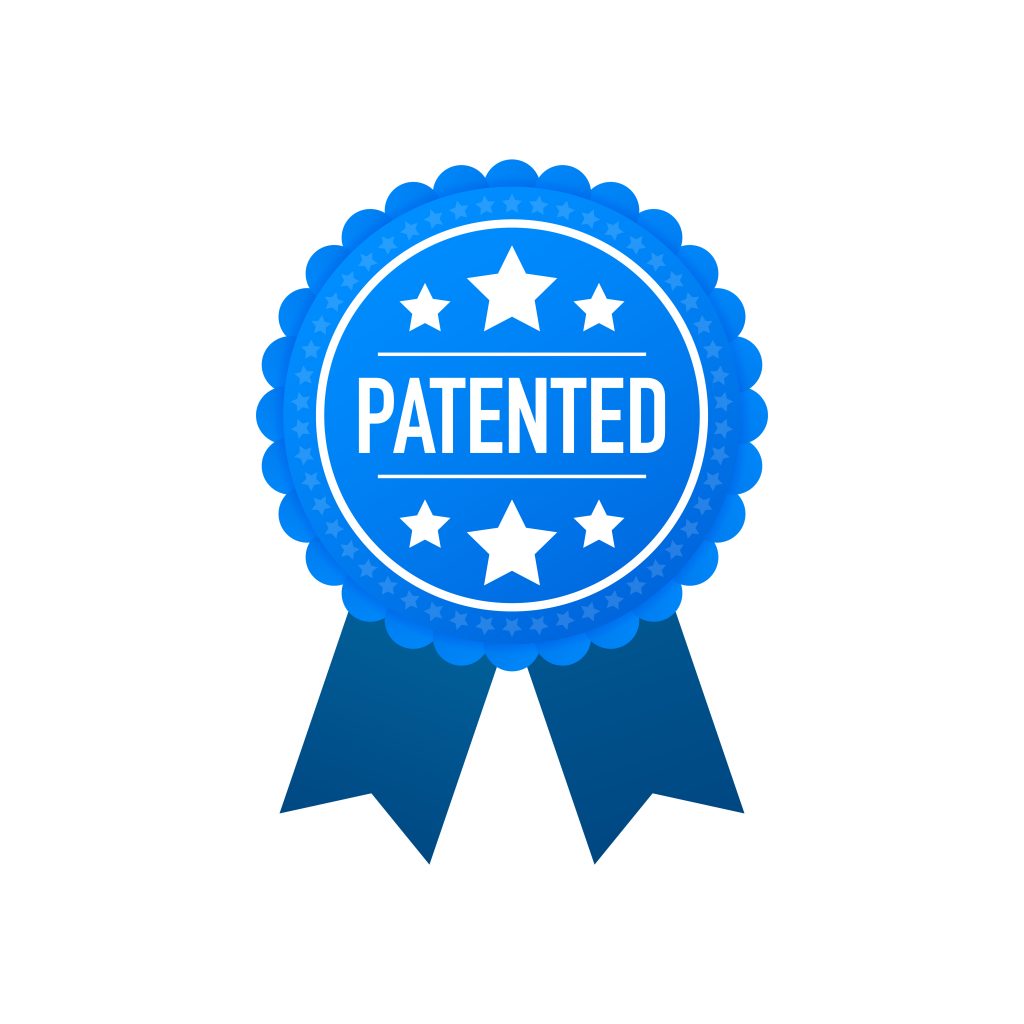
Categories
Disclosing myths about patents: The 5 most common myths about patents

The world of intellectual property can be quite complicated for ordinary people. There are so many forms, procedures and data that need to be carefully understood while an inventor applies for a patent.
Throughout the life cycle of a patent, there are many legal processes and limitations. Sometimes people tend to misinterpret information and pass it on. This has led to myths that may seem right at first sight, but have proven to be misleading information.
Myth 1: There’s no competition in my business. Therefore, I do not need a patent for my product
If your invention has good commercial value, new competitors will appear independently of the novelty of your invention. Generally, new and radical inventions will gain a competitive advantage in the market. Therefore, obtaining a patent will give you the exclusive right to manufacture, sell your product and prevent your competitors from infringing your patent.

Myth 2: Patents protect against infringement of rights

It is a general hypothesis that obtaining a patent protects your product from infringement. Unfortunately, patents will not prevent infringers from copying your process or product. Infringers will appear from time to time.
However, a patent acts as a legal document confirming that the product belongs to the patent holder. It is the responsibility of the patent holder to use the patent rights prudently.Consequently, a patent holder can file an opposition against an infringer.
Myth 3: Patents protect inventions around the world
People usually think that once they have patented an invention, the patent becomes active all over the world. But the truth is, patents are limited at the domestic level.

An inventor can only protect a patent in the countries for which he has filed a patent application. For example, a person who has a patent for a specific product in Germany cannot intervene if someone uses a product in India. However, inventors can apply for a patent according to the Patent Cooperation Treaty (PCT) and seek protection in about 140 countries through a single application.
Myth 4: Filing a patent is difficult
Inventors often believe that applying for a patent is quite difficult. Instead, patenting is very methodical and easy if the inventor is knowledgeable about the process. Nowadays, patenting procedures are easily accessible and available online. However, it is advisable to consult a patent expert when developing a patent application or conducting a patent search.

Companies should always have a clear understanding of patents.
Myth 5: The ideas can be patented
Although ideas are the basis of an invention, it is impossible to patent a simple concept or idea. Offices grant patents for inventions such as a process, machine, product or new composition. In order to make an invention patentable, you must be able to make an invention through the use of technology, or it must be constructed. Simple ideas are not patentable.
